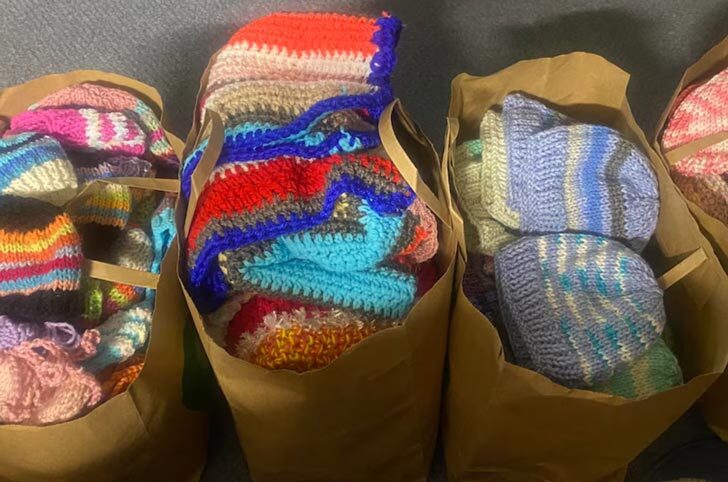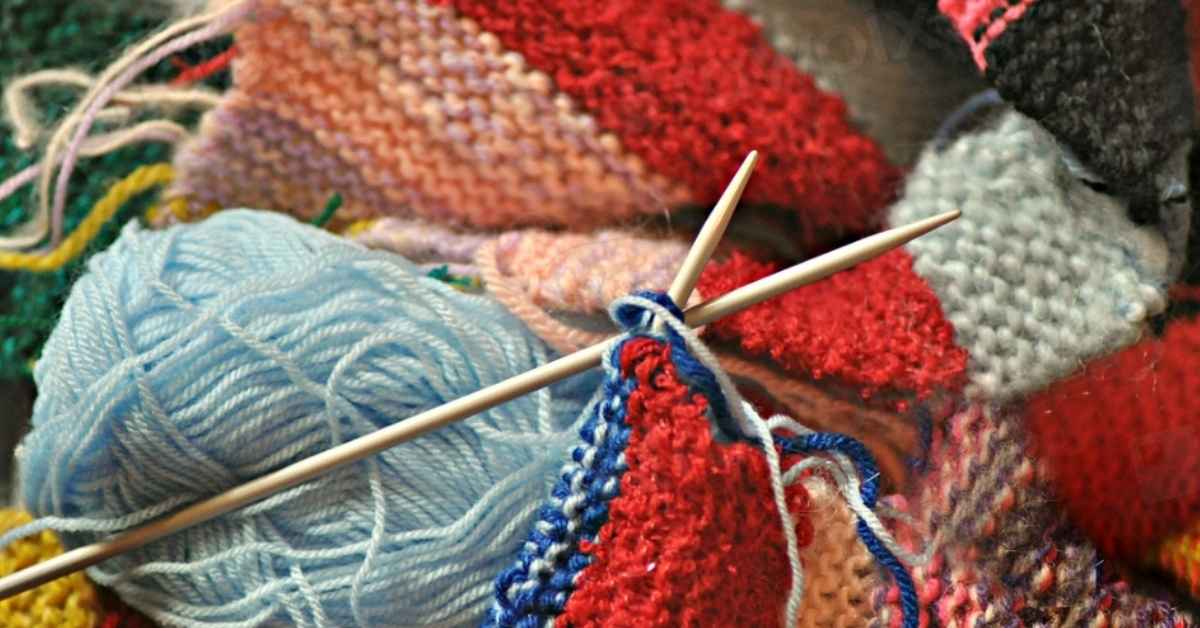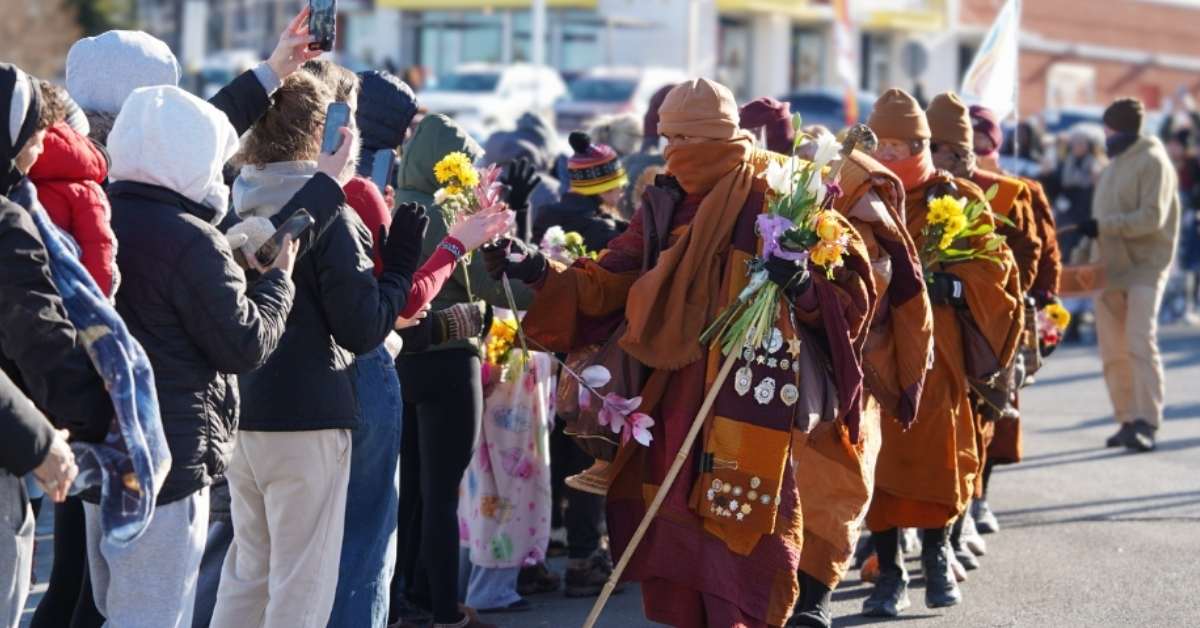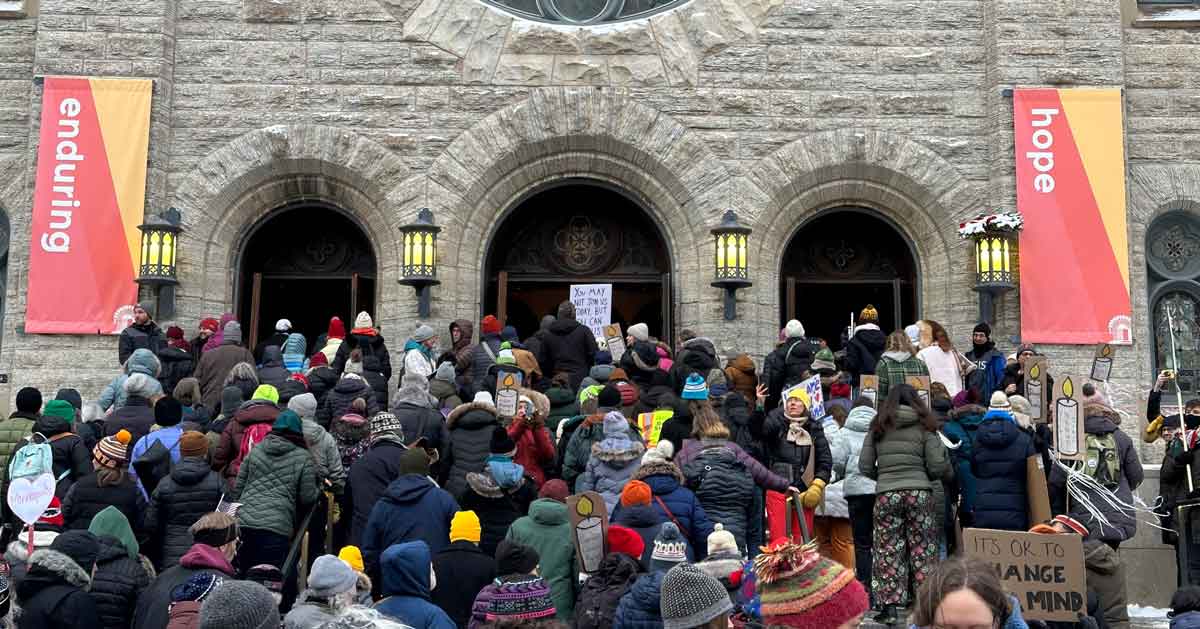In the throes of the COVID-19 pandemic in 2021, Kim Franks saw a Facebook post from John Hunter Children's Hospital asking for knitted goods for their Neonatal Intensive Care Unit.
“They weren't getting people donating blankets and beanies and stuff, because people just couldn't go anywhere and do anything,” she told the Australian Broadcasting Company.
“I thought, ‘I can help with this, I’ll knit up what I've got at home.’”
Infants born before 37 weeks of pregnancy are considered premature and are often at risk for health issues due to underdeveloped organs, which can cause heart conditions, breathing problems, and developmental delays.
For some babies born prematurely, hand-knit clothes may be all that fits them as they receive critical treatment in the NICU.
“I do blankets, wraps, beanies, booties, and the trauma teddies,” Franks told ABC Newcastle reporter Keely Johnson.
As someone who suffers from the chronic inflammatory skin condition psoriasis, which often leaves her bedbound, Franks said that knitting for NICU babies has been a welcome hobby in recent years.
Since that first call for help in 2021, Franks has continued donating knitted goods on a semi-monthly basis and estimates that her impact is in the thousands.
“It keeps my mind active, keeps your hands busy,” she said. “And it takes away from you thinking about yourself, and you just start thinking about how you're helping others.”

John Hunter Children’s Hospital’s NICU service manager, Natalie Butchard, said donations like Franks’ are desperately needed. She estimates that roughly 1,500 babies are treated at the unit annually.
“Our volunteers put together a pack for each family and that might include a quilt, bonnet, booties, and a cardigan,” she said. “Some of these tiny little babies can be 500 grams, and nothing fits them commercially.”
“It's a really lovely milestone for parents to be able to dress their baby, so to have something that fits the baby, and looks cute, is really special for the families,” she added.
The donations go to grateful parents like Lucy Woods and Brant Collinson, who had their son Nash at 34 weeks. When they spoke to ABC Newcastle, Nash had been in the NICU for three weeks.
Woods said the “lovely” knitted bundle was a source of comfort during a stressful time, and Collinson noted the selflessness of the act.
“To know there are ladies knitting at home [and] they’ll never see the baby that they help,” he said. “It's really cool. It just makes you feel like everyone's here to look after your baby.”
For knitters and needle workers looking to help with the cause, the nonprofit Ray of Hope has a full list of knitting patterns for premature babies, including blankets, booties, bedsocks, and more.
They also include patterns for ventilator bonnets, which allow healthcare providers to access and monitor a baby’s endotracheal tube while keeping their heads warm.
Yarn shops like Black Sheep Wools also accept mailed-in donations to create knitted bundle kits for families, although they encourage people to support hospitals in their region by reaching out to see what items are most needed in their local neonatal units.
In a statement, the company said that they’ve been blown away by the donations they’ve raised through their charity knitting program.
“The kindness of knitters and crocheters is truly overwhelming.”
Header image via Rawpixel



